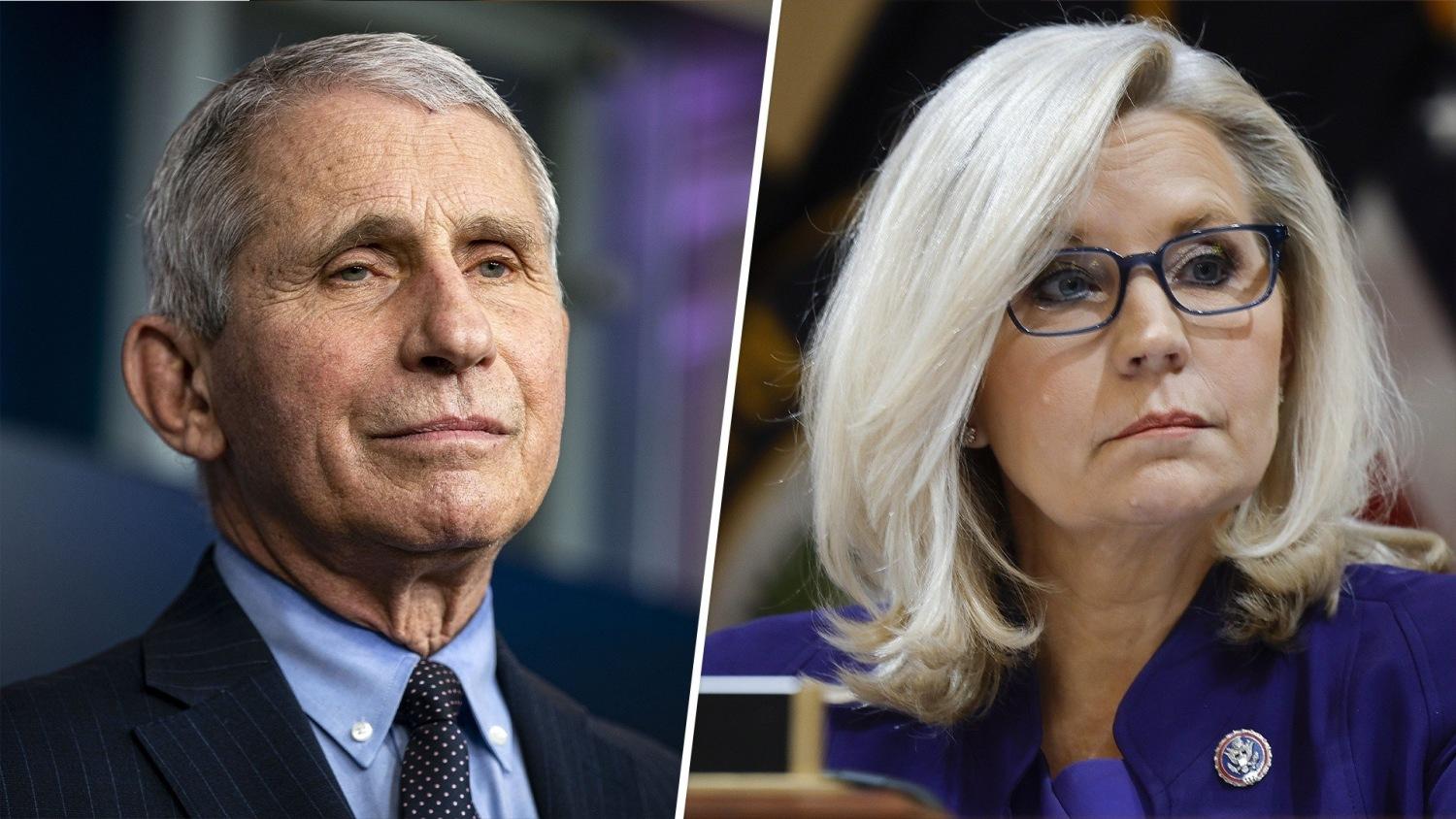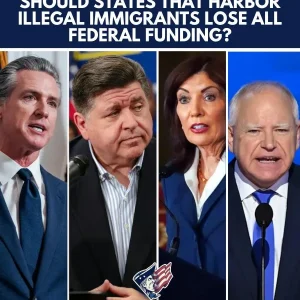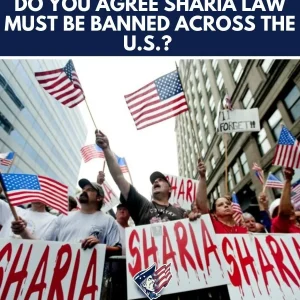“Trump Wants Their Pardons Gone—Is This Justice or Political Vengeance?”
Former President Donald Trump’s return to the political spotlight has reignited debates over presidential authority, accountability, and justice. One of the most controversial moves making headlines is Trump’s reported intention to void autopen-signed pardons granted to high-profile political figures such as Dr. Anthony Fauci, Representative Liz Cheney, and Representative Adam Schiff. These names are synonymous with criticism of Trump during his presidency and beyond, which adds a deeply political layer to the discussion.
The idea of voiding autopen pardons touches on several fundamental questions. First, can a president legally reverse a pardon, particularly one executed through autopen—a mechanical signature method long used by presidents for routine paperwork? Second, should presidential pardons be wielded to settle political scores, or are they tools of mercy and justice that must transcend partisan conflicts? Lastly, what would the implications be for democracy, both in appearance and in principle?

Legally, presidential pardons are considered absolute once granted, with the U.S. Supreme Court historically upholding that they cannot be revoked. The use of the autopen to sign such documents is generally accepted as valid if authorized by the president. Presidents have long used autopen for a variety of official documents, including bills and executive orders. However, if the autopen was misused or used without proper authorization, questions of legitimacy could arise—though proving such claims would require a high evidentiary bar.
Politically, the move appears to be a symbolic effort to reassert dominance over figures Trump considers adversaries. Dr. Fauci became a lightning rod for criticism during the COVID-19 pandemic, especially among Trump supporters, who accused him of mismanagement or contradictory messaging. Liz Cheney, once a member of Republican leadership, emerged as a staunch critic of Trump’s post-election behavior and was a key figure on the January 6th Committee. Adam Schiff has been a long-time adversary of Trump, leading impeachment inquiries and vocal opposition throughout Trump’s first term.
Supporters of Trump argue that any pardons granted to these individuals—especially without public transparency—constitute a misuse of presidential power during the final moments of an administration. They claim that such pardons, if issued at all, should have faced public scrutiny, not be hidden behind the obscurity of autopen usage. Furthermore, they argue that these individuals, particularly Fauci and Schiff, have not demonstrated actions warranting clemency, and that such pardons might have been politically motivated to preserve institutional legacy or appease certain groups.
On the other hand, critics of Trump’s stance warn that seeking to reverse pardons—even symbolically—could set a dangerous precedent. If each administration feels compelled to undo the legal actions of its predecessor based on political leanings, the stability and continuity of executive authority may erode. Pardons are meant to be apolitical tools of justice, and selectively undoing them risks transforming them into instruments of retribution.
Moreover, the broader implications for democracy cannot be ignored. Trump’s critics point to this episode as further evidence of authoritarian tendencies—a desire to use the full extent of presidential power not to govern, but to punish. This narrative gains traction especially when viewed in the context of ongoing legal challenges Trump faces, and his broader rhetoric about political enemies.
This development also places a renewed spotlight on the mechanisms of presidential power. Perhaps it’s time for the nation to reexamine the pardon process itself. Should there be more oversight? Should autopen pardons be disclosed immediately and publicly? Should a bipartisan committee review late-term pardons to ensure ethical consistency?
The Trump-Fauci-Cheney-Schiff pardon controversy is not just a question of whether a piece of paper was signed correctly. It’s about the integrity of presidential authority, the role of justice in political discourse, and the future of constitutional norms in an increasingly divided America. Whether one supports or opposes Trump’s move, it’s a moment that demands reflection on the boundaries of executive power and the values that underlie its use.






